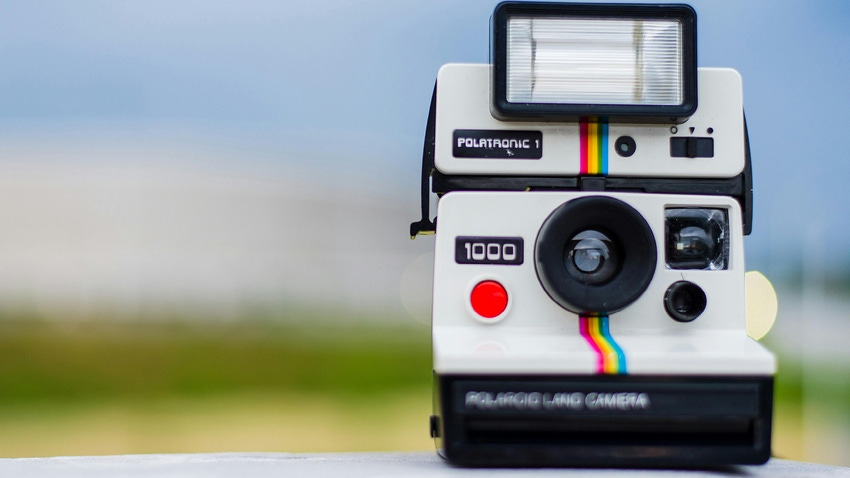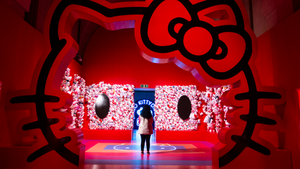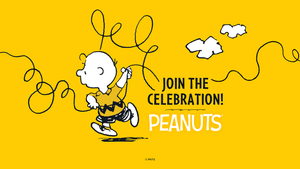How Licensees Can Win Nostalgia Properties in a Competitive Market
What licensees can do to distinguish themselves, align with licensors and excel in licensing operations to succeed in nostalgia licensing.
April 22, 2024

Savvy licensees have been taking the age-old wisdom of “what’s old is new again” and turning it into a business strategy. Just as the sequel phenomena has been playing out on screens (another Fast and Furious anyone?), nostalgia for all things “old” has been filling shelves. Whether it is based on gaming properties from Nintendo, characters from PEPPA PIG or Klondike ice cream-themed bags from Kate Spade, licensees are poised to generate new revenue streams from brands that first emerged decades ago. Yet, how can licensees differentiate themselves to “win” licensing rights for these classic properties?
Aligning With Licensor Values While Remaining True to Your Roots
Consumers are increasingly making buying decisions based on what brands stand for. So, licensees who can demonstrate that they will be “on brand” will appear more authentic and aligned to potential licensors. For example, a leading pre-school brand that emerged in the 1980’s, PEPPA PIG, recently paired up with Mori, a maker of ethically sourced baby clothing. Given PEPPA PIG’s eco-conscious DNA and efforts to promote sustainability, this partnership was logical for both parties.
Not only should a licensee align its values with the licensor, but it should also know its audience. A strong familiarity with the audience allows the licensee to identify the older trends and products that evoke strong emotional and nostalgic feelings in its audience. It also assists the licensee to accurately direct outreach to more suitable nostalgic licensors. For example, Sprayground’s partnership with Harlem Globetrotters fuses old-school, world-class talent on the court with a resurgence in interest in sports to appeal to Sprayground’s global, edgy, youth market with creative backpacks.
Many licensees also embrace their uniqueness — often with origins that stem from passion projects. In other words, the characteristics that make a licensee seem quirky are the qualities that make them stand out. For example, Lush, known for making soaps of every conceivable shape and smell recently licensed in Sponge Bob and Super Mario brothers.
“Many licensees come from such interesting roots,” says Gregg Guest, former Marvel licensing technology professional and vice president of product management, FADEL. “To stand out, it is important to stay true to your voice and allow your creativity and uniqueness to shine through.”
Utilizing Technology to Become a Better Licensing Partner
But, demonstrating knowledge of a brand and its customers may not be enough to win licensing rights in the most competitive situations. Licensees must also demonstrate that they have the savvy to run an efficient business. For most, this means “losing the spreadsheet” and excelling in licensing operations.
Standing out as a "best-of-breed" licensee means giving licensors what they want; on-time and accurate quarterly statements, reliable sales forecasts and responsiveness to audits. In fact, these operational capabilities are indeed the backbone of all partnerships.
“In addition to a unique offering and visibility in the market, it is also important to show a strong, solid forecast and be able to deliver against it with efficiency and accuracy,” says Guest.
That is why many companies in the licensing industry have been switching from manual processing to digital by adopting software platforms like LicenSee™ by FADEL® that streamline and automate operational processes for greater timeliness and accuracy. These software programs also help complete repetitive, time-intensive and error-prone tasks, like royalty calculations and statement generation.
The complexity inherent in effectively managing licensing agreements and the associated royalty payments to licensors is significant. Tracking contract terms, such as minimum guarantees, validating incoming sales data, accruing for expenses and calculating the correct royalties (on thousands of SKUs) can overload licensing and finance teams each quarter (not to mention during periodic licensor audits!). Plus, many licensors require data to be presented in a specific format and producing one of these reports can easily take up to three days.
“Ata-Boy has over 100 licenses to manage, meeting the technical requirements for each can be daunting, especially regarding royalty reporting and forecasting,” says Jude Albright, chief finance officer and licensing director, Ata-Boy. “Additionally, keeping track of advances, particularly with multiple territories and specific periods, adds complexity.”
A software tool can have templated reporting that can cut that time in half. For instance, FADEL has out-of-the-box royalty statements for Disney, Marvel, Hasbro and Bandai Namco.
“I’ve worked with many licensees, small and large, and the operational challenges are quite similar,” says Johnny Habib, senior director of product management, FADEL. “Creativity is at the core of what they do, yet often managing against the many aspects of their licensing agreements can stifle that creativity and prevent them from delivering unique offerings, such as co-branded products.”
Aligning with a licensor's values and audience will always play a role an important role in forming and maintaining mutually beneficial partnerships in nostalgia licensing.
By utilizing technology to streamline routine operations, licensees can differentiate themselves, develop deeper relationships with licensors and focus more time on creating innovative products that will help them and their partners stay ahead of the curve in the nostalgic market.
FADEL will be attending Licensing Expo 2024 in Las Vegas, NV and will be at booth #H105.
Read more about:
SponsoredAbout the Author(s)
You May Also Like

.png?width=700&auto=webp&quality=80&disable=upscale)






